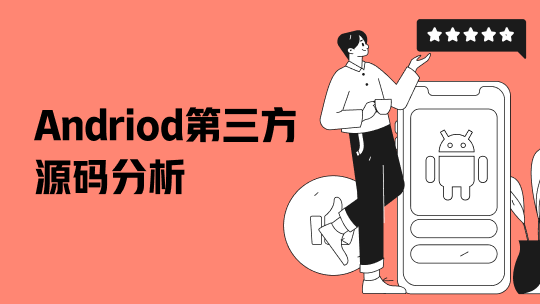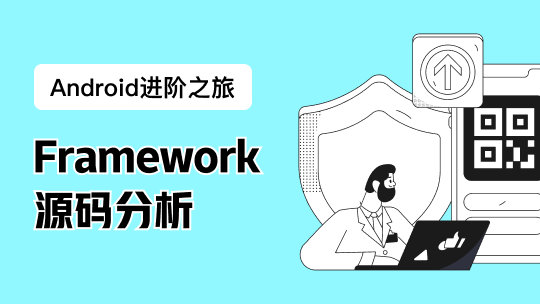系列目录:
- Spring WebFlux运用中的思考与对比
- CompletableFuture与Spring的Sleuth结合工具类
- CommpetableFuture使用anyOf过程中的一些优化思考
- 结合CompletableFuture与Spring的Sleuth结合工具类与allOf以及anyOf
CompetableFuture的
上一篇我们讲述了如何将CompletableFuture与Spring Sleuth结合起来。这篇我们继续优化CompletableFuture。
CompletableFuture的allOf
首先我们看看allOf的定义:
public static CompletableFuture<Void> allOf(CompletableFuture<?>... cfs) {
// ...
}
这个方法接受若干个返回不同类型的CompletableFuture为参数, 返回一个返回为空(Void)的CompletableFuture。也就是说,这个方法其实就是返回一个在所有参数完成之后也完成的返回为空(Void)的CompletableFuture,也就是充当一个signaling device
这个方法很好,尤其是并发获取多种io的结果的时候。但是用这个方法,带来了很多不便,最大的不便就是,返回是Void,而不是所有的参数的返回。这样导致我们,需要在聚合这些结果的那个服务方法里面,把最终结果封装好,否则,获取的就是一个Void。举个例子:
假设我的一个服务方法的返回是多个接口在使用,这个方法需要同时调用三个io等待他们都返回时,利用这三个io的返回,拼装成接口需要的字段。对于这个场景,我们可以有两种写法,第一种是基于回调的写法,第二种是基于返回的写法,两种都OK,看个人习惯,我个人倾向于基于返回的写法,这样代码是瀑布式的,基于回调的会导致多层嵌套,导致代码可读性降低。
** 结果类:**
@Data
@Builder
@NoArgsConstructor
@AllArgsConstructor
public static class Result {
private String string;
private List<String> strings;
private List<Integer> integers;
}
** 基于回调:**
public static void baseOnCallBack(CompletableFuture<Result> resultCompletableFuture) {
CompletableFuture<List<String>> result1 = CompletableFuture.supplyAsync(() -> {
//模拟io
try {
TimeUnit.MILLISECONDS.sleep(ThreadLocalRandom.current().nextLong(1000));
} catch (InterruptedException e) {
e.printStackTrace();
}
return Lists.newArrayList("a", "b", "c");
});
CompletableFuture<List<Integer>> result2 = CompletableFuture.supplyAsync(() -> {
//模拟io
try {
TimeUnit.MILLISECONDS.sleep(ThreadLocalRandom.current().nextLong(1000));
} catch (InterruptedException e) {
e.printStackTrace();
}
return Lists.newArrayList(1, 2, 3);
});
CompletableFuture<String> result3 = CompletableFuture.supplyAsync(() -> {
//模拟io
try {
TimeUnit.MILLISECONDS.sleep(ThreadLocalRandom.current().nextLong(1000));
} catch (InterruptedException e) {
e.printStackTrace();
}
return "hash-test";
});
CompletableFuture.allOf(result1, result2, result3).thenAcceptAsync(v -> {
resultCompletableFuture.complete(Result.builder()
//一定存在的,因为已经完成了
.string(result3.join())
.strings(result1.join())
.integers(result2.join())
.build());
});
}
** 基于返回:**
public static CompletableFuture<Result> baseOnReturn() {
CompletableFuture completableFuture = new CompletableFuture();
CompletableFuture<List<String>> result1 = CompletableFuture.supplyAsync(() -> {
//模拟io
try {
TimeUnit.MILLISECONDS.sleep(ThreadLocalRandom.current().nextLong(1000));
} catch (InterruptedException e) {
e.printStackTrace();
}
return Lists.newArrayList("a", "b", "c");
});
CompletableFuture<List<Integer>> result2 = CompletableFuture.supplyAsync(() -> {
//模拟io
try {
TimeUnit.MILLISECONDS.sleep(ThreadLocalRandom.current().nextLong(1000));
} catch (InterruptedException e) {
e.printStackTrace();
}
return Lists.newArrayList(1, 2, 3);
});
CompletableFuture<String> result3 = CompletableFuture.supplyAsync(() -> {
//模拟io
try {
TimeUnit.MILLISECONDS.sleep(ThreadLocalRandom.current().nextLong(1000));
} catch (InterruptedException e) {
e.printStackTrace();
}
return "hash-test";
});
CompletableFuture.allOf(result1, result2, result3).thenAcceptAsync(v -> {
completableFuture.complete(Result.builder()
//一定存在的,因为已经完成了
.string(result3.join())
.strings(result1.join())
.integers(result2.join())
.build());
});
return completableFuture;
}
基于回调的接口使用结果:
CompletableFuture completableFuture = new CompletableFuture();
baseOnCallBack(completableFuture);
completableFuture = completableFuture.thenAcceptAsync(result -> {
System.out.println("baseOnCallback: " + result);
});
基于返回的接口使用结果:
CompletableFuture<Void> voidCompletableFuture = baseOnReturn().thenAcceptAsync(result -> {
System.out.println("baseOnReturn: " + result);
});
可以看出,一层嵌套也是基于返回的代码看上去更优雅。
我们再来思考下,如果allOf中的所有CompletableFuture都返回的是同一个类型的结果,例如String,那么可不可以让allOf直接返回List<String>呢?
我们可以将一个allOf变成多个allOf这么实现:
public static <T> CompletableFuture<List<T>> allOf(Collection<CompletableFuture<T>> futures) {
return futures.stream().collect(Collectors.collectingAndThen(
Collectors.toList(),
l -> CompletableFuture.allOf(l.toArray(new CompletableFuture[0]))
.thenApply(v -> l.stream().map(CompletableFuture::join).collect(Collectors.toList()))
)
);
}













